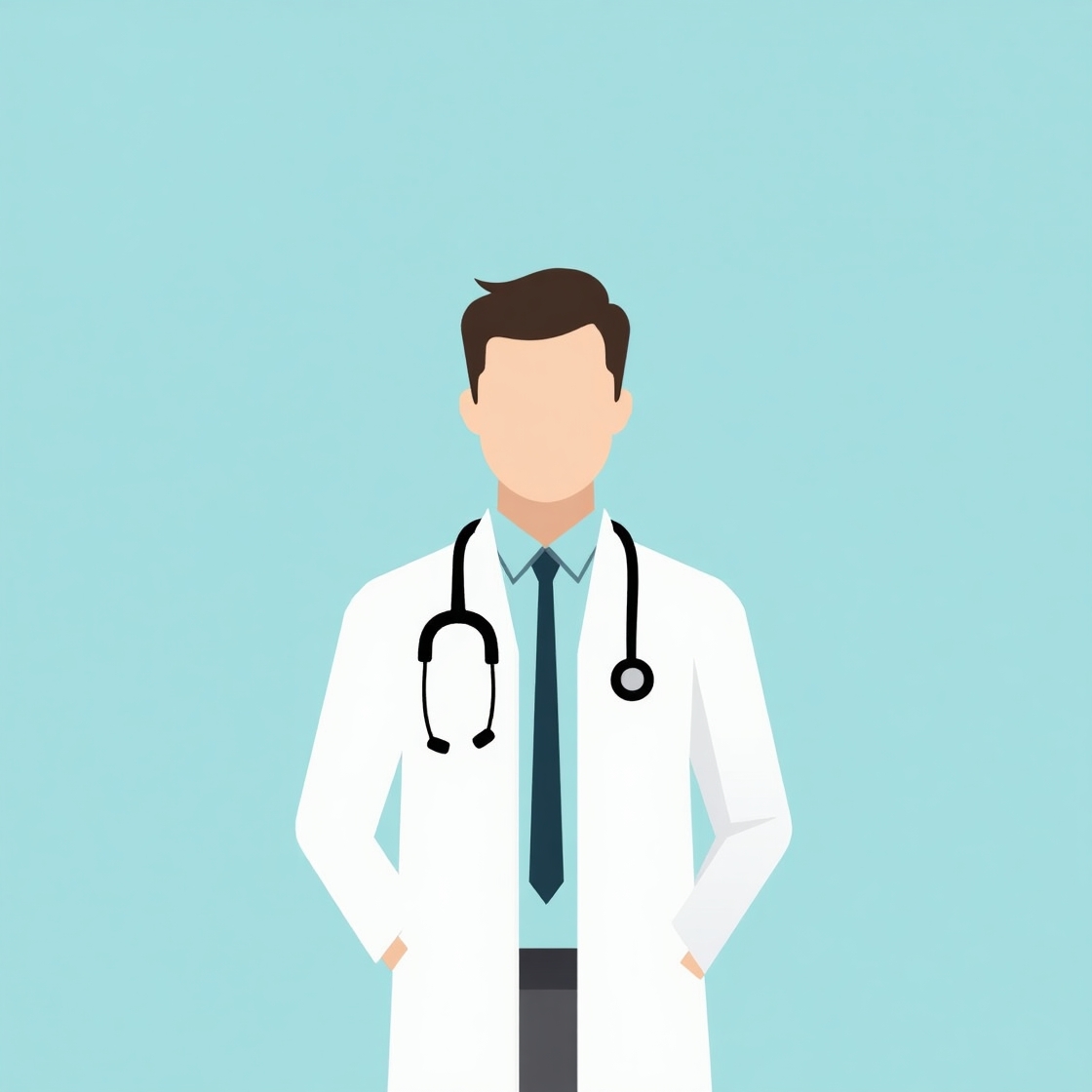Regular dental cleanings are important to prevent plaque buildup, gum disease, and tooth decay. They keep your breath fresh, your smile bright, and help detect problems early. Even with daily brushing, only a dentist can remove hardened tartar. Visiting every six months helps avoid bigger, costlier issues later.



